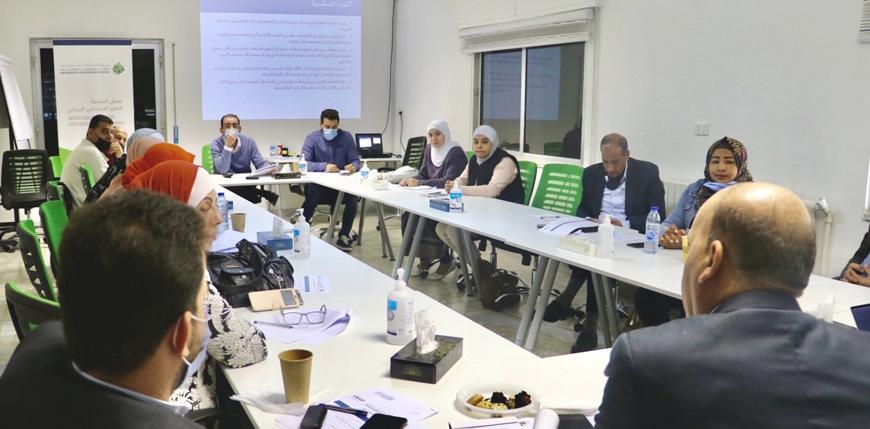You are here
Activists weigh in on objectives, obstacles of social movements in Kingdom
By JT - Jan 20,2020 - Last updated at Jan 20,2020
AMMAN — The Information and Research Centre of the King Hussein Foundation on Sunday launched the results of its study, "Social Movements in Jordan", which aimed to obtain a broader understanding of the activities of several movements in the Kingdom related to human rights, politics, civil matters, youth, trade unions, labour, environment and others.
According to a statement by the Information and Research Centre, the launch saw the attendance of a group of activists, experts and representatives of government institutions.
The two-year qualitative study (2017-2019) was carried out in collaboration with the American University in Cairo through conducting 52 interviews with activists in social movements that have emerged since 2011, to understand the social movements’ objectives and demands, the types of formal and informal structures they regulate and the impact of the legal environment on them, as well as their cooperation and communication with policy makers and the government and the obstacles and challenges each movement faced.
The majority of interviewees mentioned that the aim of participation in movements was to demand either freedoms and human rights or political and economic reform; or to make democratic change, according to the statement.
Nearly half of the interviewees rejected the structures forming the foundations of official institutions, parties and other social entities.
The study also found the emergence of private social movements after 2011 in the form of participation as individuals or through informal groups, while the majority of interviewees noted that laws had directly or indirectly negatively affected the activities in which they participated.
The obstacles and challenges that the interviewees faced mainly included restriction of participation in these movements, a lack of communication between decision-makers and the movements — especially outside of Amman — and a limiting of the freedom of expression and involvement in social movements, the statement said.
The study also showed that 16 interviewees expressed a loss of hope, and disapproval of continued participation in social movements and 31 had a strong motivation to participate and had no intention of stopping in the future, according to the statement.
During the launch, attendees presented many recommendations, including institutionalising dialogue between decision makers and social movements to ensure a better response from decision makers, and improving the legislative environment to ensure the right to access information.
Related Articles
TUNIS — Arab women activists and feminists on Monday stressed the need to address women’s causes in an unconventional manner to ensure real
AMMAN — Every year since the Arab Spring, the Information and Research Centre – King Hussein Foundation (IRCKHF) has carried out the Jordan
The State Security Court (SSC) on Wednesday sentenced activists Tareq Jawabreh and Tareq Khader to three month prison terms for “lèse majesté” and “undermining the state” in statements made during protests.

















